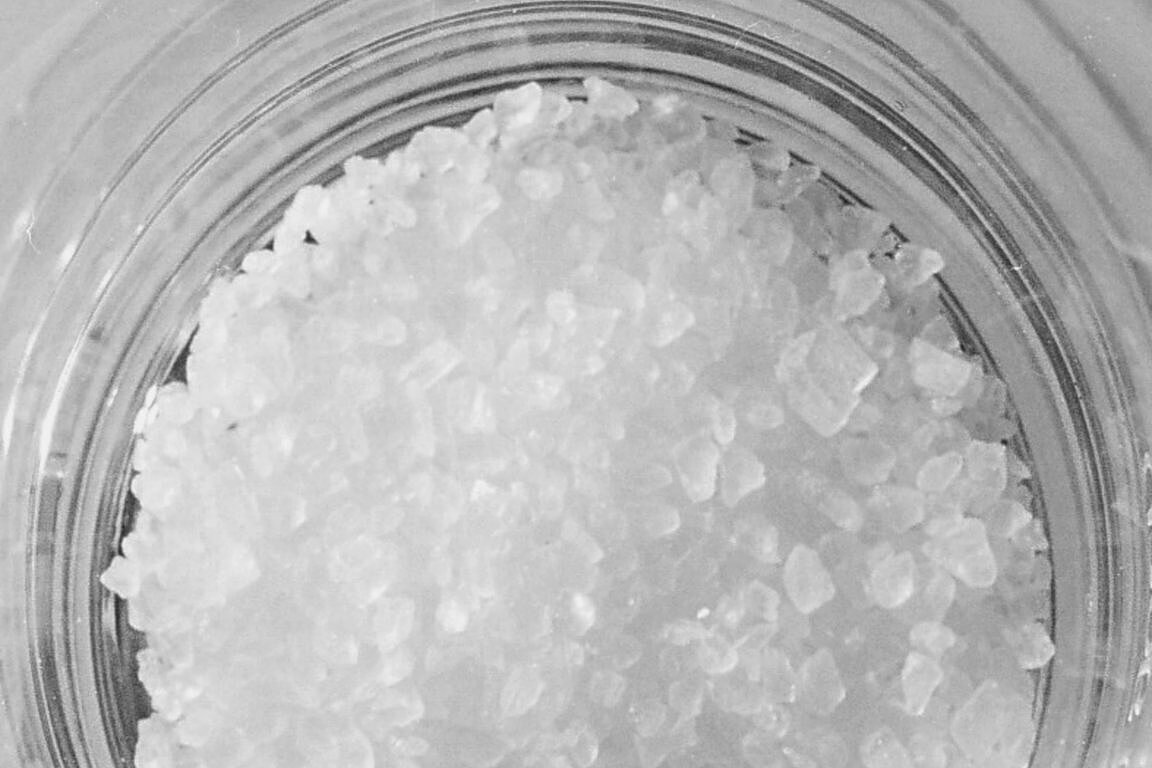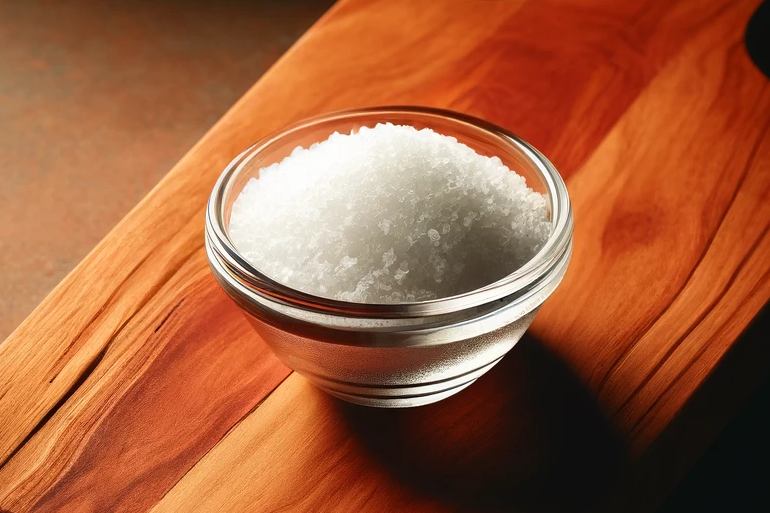Dipotassium hydrogen phosphate

What is dipotassium hydrogen phosphate?
Dipotassium hydrogen phosphate (K2HPO4) is a water-soluble potassium salt of phosphoric acid. It is often used as a fertilizer, in food processing as a stabilizer, emulsifier and buffer as well as in medical applications. In animal nutrition, dipotassium hydrogen phosphate can serve as a source of potassium and phosphorus, two essential minerals that fulfill important functions in the body of dogs.
Benefits of dipotassium hydrogen phosphate for dogs
Source of essential minerals
- Potassium:Potassium is crucial for nerve function, muscle contraction and maintaining a healthy fluid balance in the dog's body. It also supports heart and kidney function.
- Phosphorus:Phosphorus plays a central role in the formation of bones and teeth and is involved in energy production and storage.
Health support
The intake of dipotassium hydrogen phosphate can help prevent deficiencies in potassium and phosphorus, which can lead to health problems such as bone weakness, dental problems, muscle weakness and electrolyte imbalances.
Potential disadvantages of dipotassium hydrogen phosphate
Despite its benefits, the use of dipotassium hydrogen phosphate in dog nutrition can also have potential disadvantages, especially if administered in inappropriate amounts.
Risks of overdose
- Hyperkalemia: Excessive intake of potassium can lead to hyperkalemia, a condition that can affect the heart and kidneys and can be life-threatening in extreme cases.
- Phosphorus imbalance: An imbalance in phosphorus levels can lead to health problems, including kidney problems and an imbalance in the calcium-phosphorus ratio, which can affect bone health.
Attention to dosage
It is critical to carefully dose dipotassium hydrogen phosphate intake to minimize the risk of electrolyte imbalances and other health problems. Precise coordination with the dog's nutritional needs, taking into account its age, size and health status, is required.
Recommendations for dog owners
Dog owners should approach the introduction of dipotassium hydrogen phosphate into their dog's diet with caution. It is advisable to speak with a veterinarian or animal nutritionist beforehand to determine the dog's specific needs and ensure an appropriate dosage. Natural sources of potassium and phosphorus, such as certain meats, vegetables and fruits, can provide a balanced alternative to chemical supplements.
Dipotassium hydrogen phosphate can be a useful addition to a dog's diet in certain circumstances by providing a source of the essential minerals potassium and phosphorus. However, careful monitoring and dosing is essential to avoid potential risks and disadvantages. Your dog's health and well-being should always be a priority and any dietary supplement should be taken in consultation with expert advice to ensure the optimum balance of nutritional intake.
If you notice any signs of hypersensitivity or poisoning in your dog, you should see your vet immediately. We are not a substitute for a vet, but we try to be as accurate as possible. Every dog reacts differently and we recommend you get a second opinion or consult your vet if in doubt.
Stay healthy and take good care of your four-legged friend!😊
Similar to Dipotassium hydrogen phosphate
Disodium hydrogen phosphate (Na2HPO4) is a sodium salt of phosphoric acid and belongs to the group of phosphates. It is often used in the food industry as an acidity regulator, emulsifier and...
Potassium dihydrogen phosphate (KH2PO4) is a water-soluble potassium phosphate salt used as a fertilizer, in food processing and in medical applications. It serves as a source of phosphorus and...
Sodium hexametaphosphate (SHMP for short) is a salt consisting of six phosphate groups bonded to a sodium atom. It is used in the food industry as an emulsifier, stabilizer, preservative or acidity...
Sodium phosphate is a collective term for a group of salts consisting of sodium and phosphate ions. These chemical compounds are ubiquitous in many areas of industry and food processing, including...



